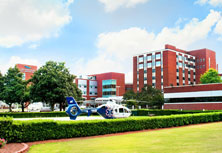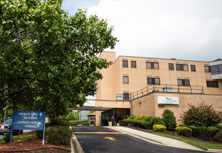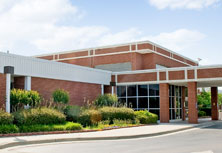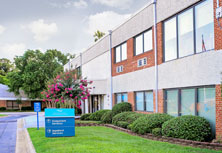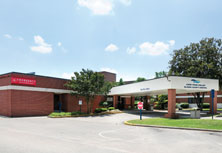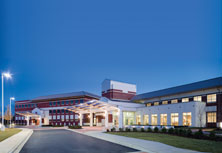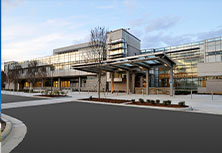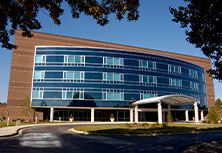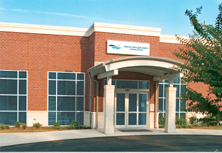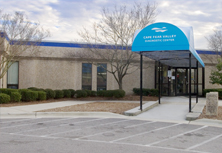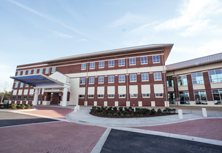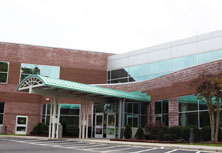Orthopedic Residency Program
Education Components
Anatomy Conference: (Weekly, July - October) Residents work with faculty on anatomy and surgical approaches. Upper-level residents lead this didactic session with oversight from core faculty members.
Core Curriculum Conference/ OITE Review: (Weekly) We are using Orthobullets curriculum to augment these didactic sessions. The conferences are meant to provide the residents with the essentials of orthopedic education. These sessions help to prepare students for the yearly OITE and subsequent ABOS board examination.
Fracture Indications Conferences: This weekly conference will be a presentation of fracture and trauma cases that have been treated the weekend prior to the conference. The focus will be on identification, classification and treatment of fractures. Orthopedic faculty will lead the discussion using this case-based format along with evidence-based literature.
Grand Rounds: This conference is held monthly. A combination of faculty and visiting professors present on a topic of their choice.
Journal Club: These conferences occur monthly. The current format centers on a subspecialty of the month. Articles will be chosen from the current JBJS and supplemented with articles from related subspecialty journals to provide discussion for general orthopedics and subspecialties.
M&M Conference: Will be held monthly. Residents and attendings discuss complications encountered during the previous month. Focus is on improving outcomes and critical decision making.
Motor Skills: In the PGY1 year all residents will be sent to an orthopedic boot camp. Industry sponsored lectures and hands-on experience using sawbones and cadavers, designed to help residents to develop their motor skills.
Each year residents attend an instructional meeting with their classmates. Additionally, residents are encouraged to attend any meeting in the US where they will be presenting their own research. Funding from the department of Graduate Medical Education covers the cost of the yearly meeting including travel, hotel accommodations, and meals. Instructional meetings typically attended are:
- PGY1: AO Basic course
- PGY2: AO Advanced
- PGY3: Arthroscopy Course/SOMOS
- PGY4: MSK Pathology Course
- PGY5: Maine Review Course / AAOS Annual Meeting
Research Meetings: Monthly meeting to go over research currently ongoing. Discuss opportunities for students and residents as well as a forum to discuss and collaborate.
Life Series Lectures: PGY-4 and 5 Residents will have an opportunity to engage with experts from a wide variety of topics to prepare for life beyond residency. Topics will include real estate, mortgages, life insurance, 401k and retirement, etc.
For Orthopedic Students
If you are interested in completing an orthopedic month with us as a fourth-year medical student, please go through the Visiting Student Learning Opportunities (VSLO) portal to apply. If you are unable to apply through VSLO, apply using the below information.
In order to be considered for an audition rotation at Cape Fear Valley Medical Center, visiting students MUST meet the following criteria when submitting the application:
- Be a 4th year medical student at the time of the rotation
- Complete and submit an application for an audition rotation which must contain:
- COMLEX Board Scores and/or USMLE Board Scores (original or certified copy from your medical school)
- Original Medical School Transcript(s)
- Curriculum Vitae
- Personal Statement
- Photo
- Requested rotation dates
Audition rotation applications for the upcoming Academic Year will be accepted starting April 1. Audition rotation applications are reviewed by the respective Residency Program Directors. Audition rotation application decisions will be provided via email starting June 1 and will continue until audition slots have been filed. A wait list will be created once available audition rotation slots are filled and candidates will be notified via email if and when an audition slot becomes available.
